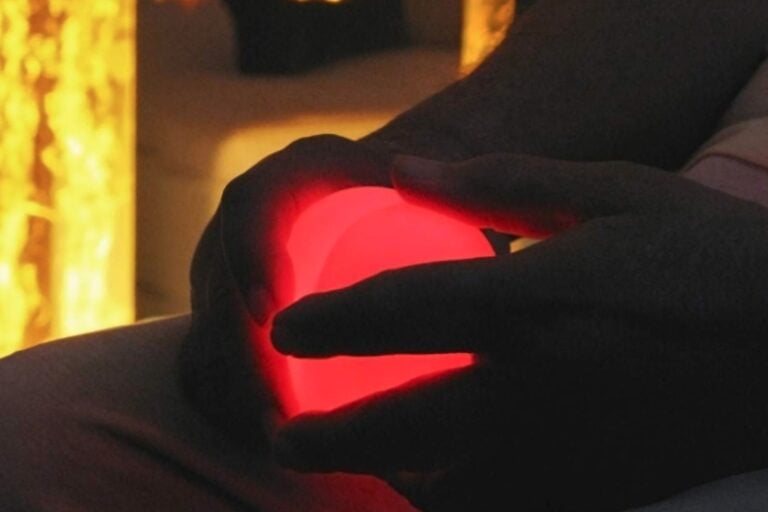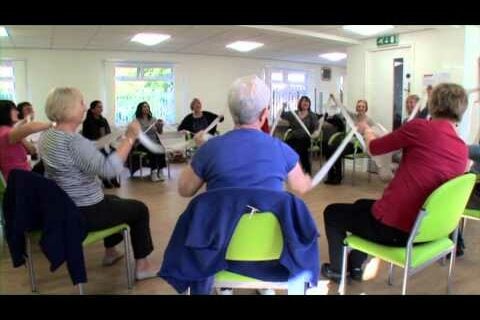
Good Mood Ups Elderly Cognition
Can a happier frame of mind help overcome aging’s cognitive decline? Ohio State University scientists share meaningful insights from their study.

Can a happier frame of mind help overcome aging’s cognitive decline? Ohio State University scientists share meaningful insights from their study.

VIDEO – INSIDE EDITION: A Californian “time capsule” kindles sparks of joy in Alzheimer’s, as people see a world they remember. A ’50s-themed diner has a jukebox playing rock ‘n’ roll classics and a 1959 Ford Thunderbird’s on display. Phone booths with rotary dials, vinyl record players and vintage clothing round things out. See Jackie and her daughter Kimberly playing music to jog mom’s memory and make new moments possible.

CNN: Mike Carver got Alzheimer’s. His wife enrolled him in a clinical trial by the famous Dr. Ornish. After 40 weeks, all four of Mike’s cognitive tests improved. See CNN’s interview. Read trial details.

Mid-to-Advanced Dementia diminishes communication and language. Watch Teepa Snow convey how to use rhythm, music and movement when language fails.

At this time of year, it’s healthy to get some air and sunshine. It’s especially good for those with dementia.

FREE 70 PAGE BOOK: “How to Make a Sensory Room for People Living with Dementia” explores sensory-technology for dementia care. Download this rich, colorful, book on Dementia Sensory Rooms.

DIET VIDEO: An explosion of research on the Mediterranean Diet clearly associates it with less risk of getting Alzheimer’s and lower mortality for people who have Alzheimer’s. Get the facts.

See the positive memory-impact of your caffeinated “morning routine”. Learn the real effects of coffee on the brain, from Johns Hopkins University.

Video: Learn how to use dance effectively in dementia. See how “Bolton Dementia’s Trinity Trotters” evolved their version of dance exercises.

HEALTH (VIDEO + ARTICLE):
We show you the science of multiple studies that sound almost too good to be true. Hot tubs proved protective in the USA while saunas
lowered Alzheimer’s risk 65% in a 20-year Finnish study. Learn more.

SHORT-TERM MEMORY lapses are obvious signs of Alzheimer’s, but other tell-tale signals begin to show much earlier. Learn how to look for semantic impairments, such as simple questions about size.

Discover compassionate, practical and proven strategies to navigate dementia care confidently, ensuring the well-being of both you and your loved one.

How can military service impact brain health? What are specific risk factors? Are there vital steps soldiers can take towards dementia prevention and treatment?

SHORT-TERM MEMORY lapses are obvious signs of Alzheimer’s, but other tell-tale signals begin to show much earlier. Learn how to look for semantic impairments, such as simple questions about size.

Three important dementia studies focus on HS-AGING, a type of dementia almost as common as Alzheimer’s in the 85+ group. Yet few people have heard of it. Why? What makes it different?

An intriguing study of 120 grandmothers might surprise you. Doctors know socially engaged people have better cognition and less dementia. But can a person get too much of a good thing? What’s the right balance?

Enjoy this great duet between a musician with dementia and his son. A triumph of spirit over Alzheimer’s! Sing-a-long if you like!
No spam, only news and updates.


